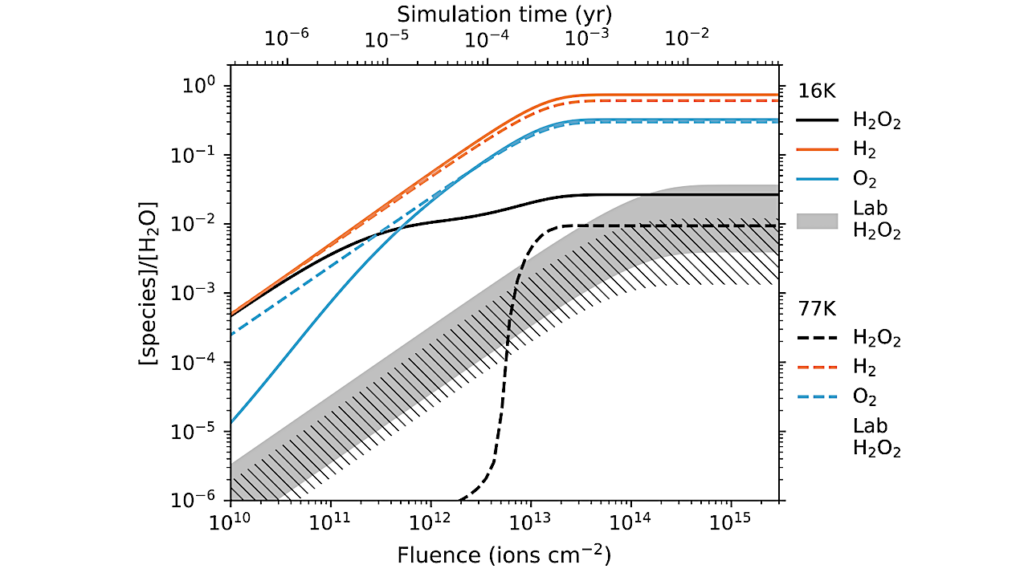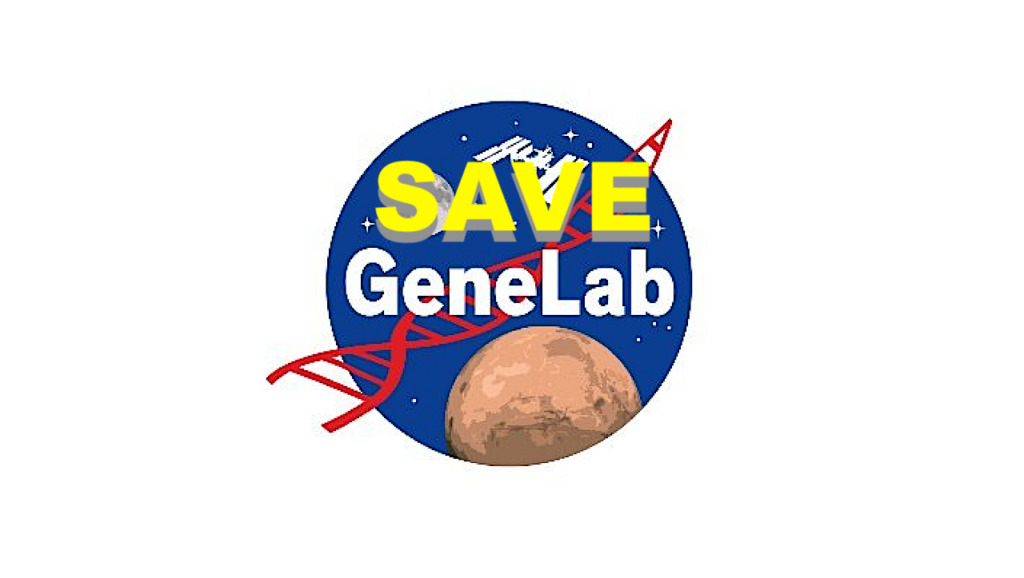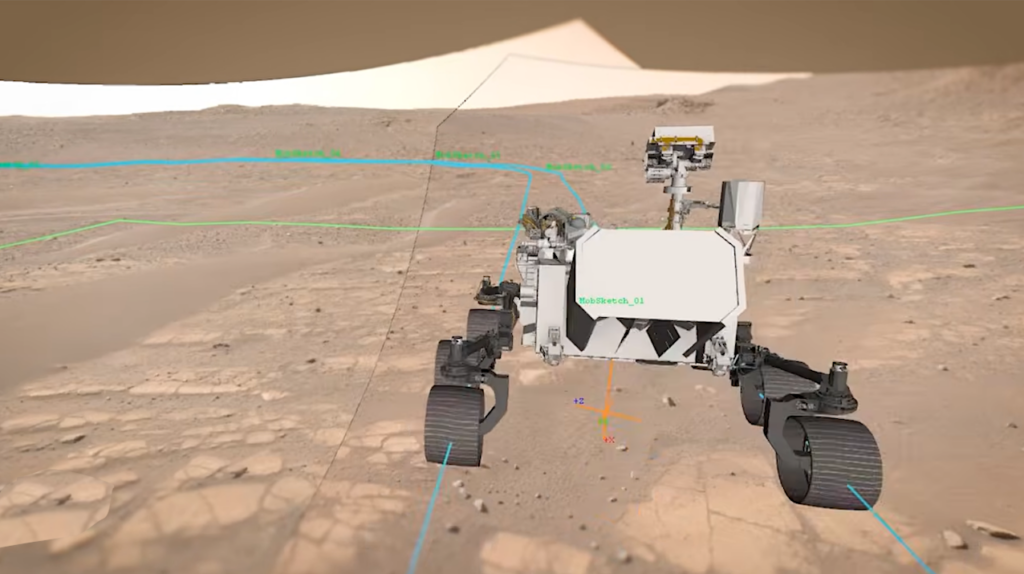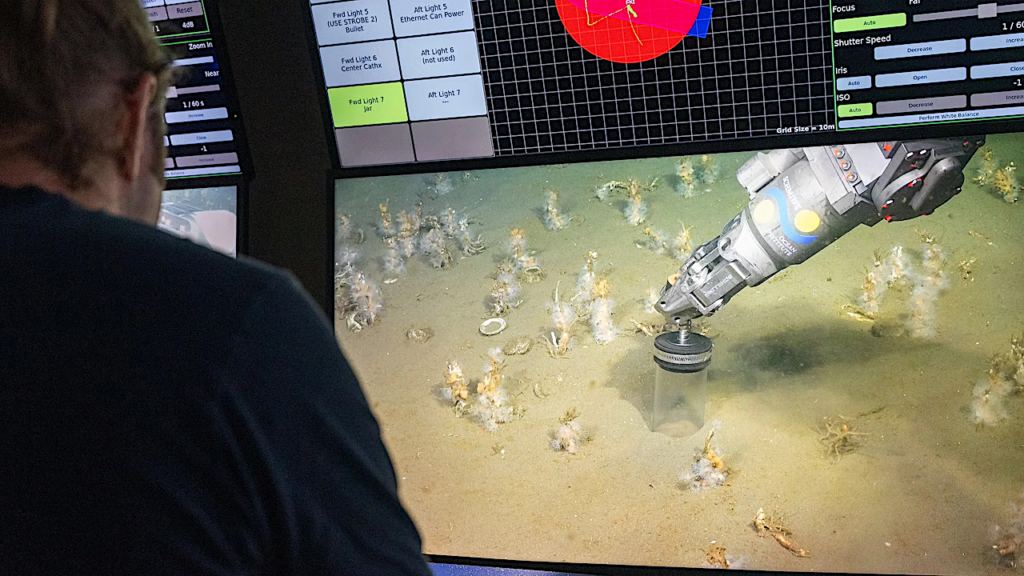Can AI Understand Our Universe? Test of Fine-Tuning GPT by Astrophysical Data

ChatGPT has been the most talked-about concept in recent months, captivating both professionals and the general public alike, and has sparked discussions about the changes that artificial intelligence (AI) will bring to the world.
As physicists and astrophysicists, we are curious about if scientific data can be correctly analyzed by large language models (LLMs) and yield accurate physics. In this article, we fine-tune the generative pre-trained transformer (GPT) model by the astronomical data from the observations of galaxies, quasars, stars, gamma-ray bursts (GRBs), and the simulations of black holes (BHs), the fine-tuned model demonstrates its capability to classify astrophysical phenomena, distinguish between two types of GRBs, deduce the redshift of quasars, and estimate BH parameters.
We regard this as a successful test, marking the LLM’s proven efficacy in scientific research. With the ever-growing volume of multidisciplinary data and the advancement of AI technology, we look forward to the emergence of a more fundamental and comprehensive understanding of our universe. This article also shares some interesting thoughts on data collection and AI design.
Using the approach of understanding the universe – looking outward at data and inward for fundamental building blocks – as a guideline, we propose a method of series expansion for AI, suggesting ways to train and control AI that is smarter than humans.
Yu Wang, Shu-Rui Zhang, Aidin Momtaz, Rahim Moradi, Fatemeh Rastegarnia, Narek Sahakyan, Soroush Shakeri, Liang Li
Comments: 27 pages, 7 figures. Comments welcome
Subjects: Instrumentation and Methods for Astrophysics (astro-ph.IM); Astrophysics of Galaxies (astro-ph.GA); High Energy Astrophysical Phenomena (astro-ph.HE); Artificial Intelligence (cs.AI); Machine Learning (cs.LG); Data Analysis, Statistics and Probability (physics.data-an)
Cite as: arXiv:2404.10019 [astro-ph.IM] (or arXiv:2404.10019v1 [astro-ph.IM] for this version)
Submission history
From: Yu Wang
[v1] Sun, 14 Apr 2024 20:52:19 UTC (1,141 KB)
https://arxiv.org/abs/2404.10019
Astrobiology








